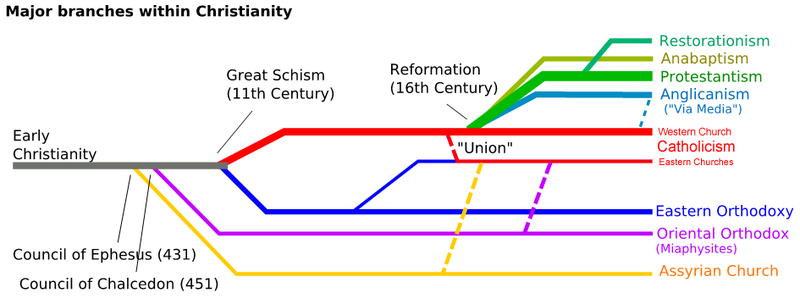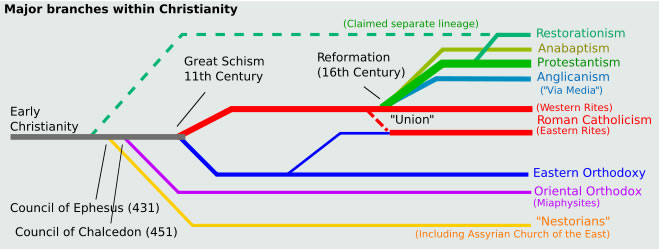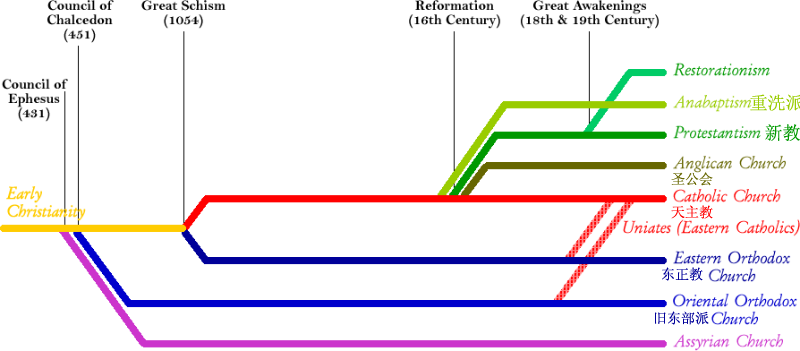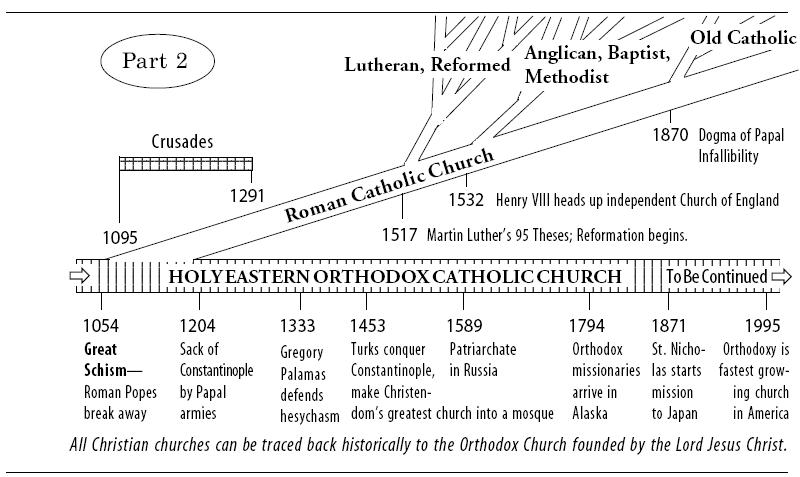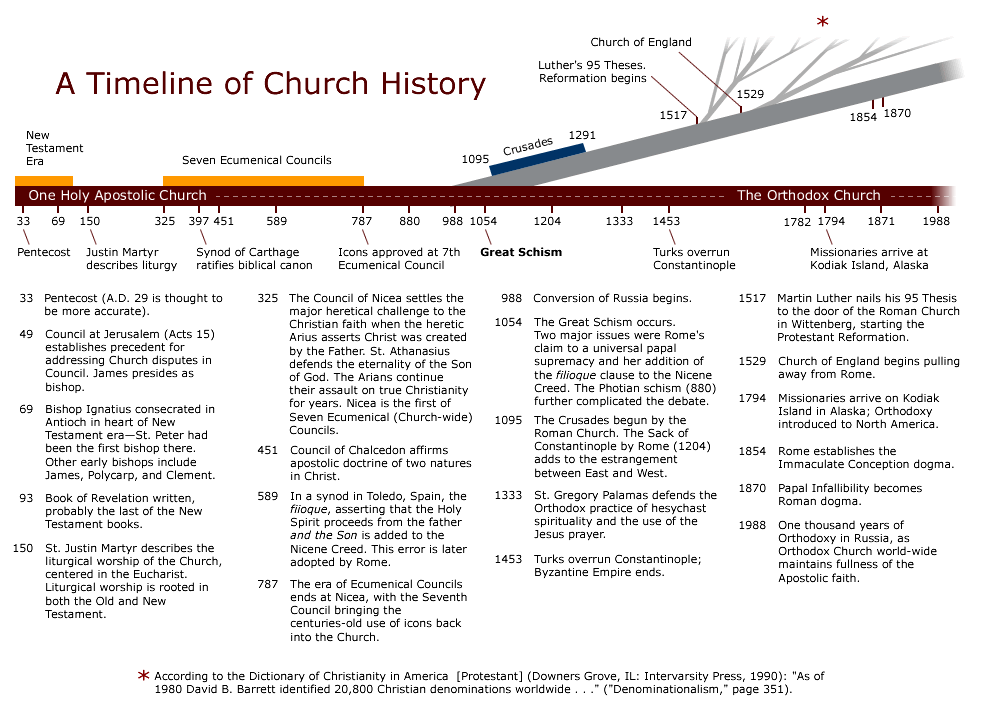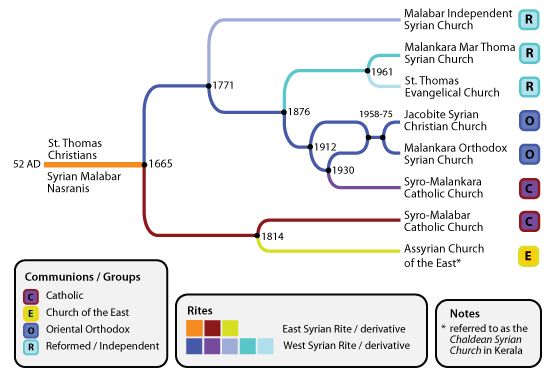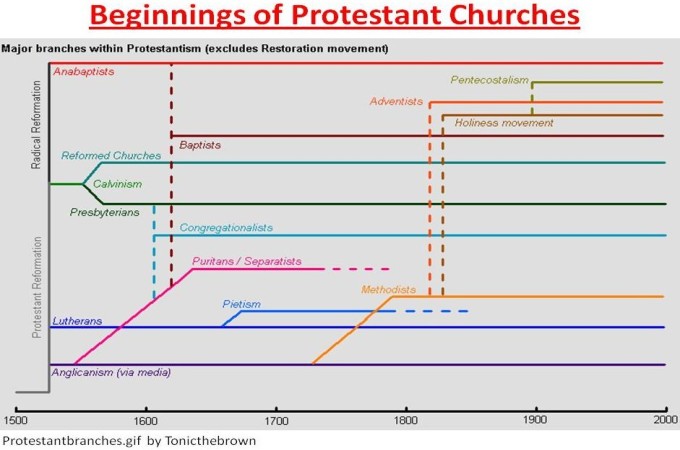Going back to what you said earlier about other branches in the early church....indeed, it is very intriguing to see the ways that many camps, long before the Great Schism, had their own developments/stories going on for a myriad of reasons.....and yet, due to the lack of awareness of them, people are often unaware of what has truly happened on the other side of the street---no different than it'd be with cultures seperated for ages and only knowing of the side of history relevant to them...and then being surprised to find out others who differed from the traditional thoughts they may've had.

To see how there were events akin to "civil wars" waged in major camps that split off from other ones...I was truly tripped out and it made me realize just how multi-layered events could be in the development of groups. Sometimes, it seems that perhaps there's only one side of history given due to whoever it is that is in charge or influencing the historical views given, no different than when Protestants may only record the good found in their camps while neglecting to share the beauty in others...or how many Catholics may only share the ways they may contributed to the Body of Christ and yet selectively leaving out where other camps (be it in the Protestant Movement or the Orthodox world) did the same as they did.
......It always makes me chuckle when seeing others hear from afar about something called Orthodoxy and think it's all the same...only to realize the many ways that there is diversity, be it seeing how Eastern Orthodox has differing levels (i.e. Greek Orthodox, Romanian Orthodox, Russian Orthodox, etc) or how Eastern Orthodox differ from Coptic Orthodox or how Ethopian Orthodox differ from Indian Orthodox..as I used to be in the camp thinking they were all the same.
As if that wasn't compicated enough, you ended up running into awareness of how each individual camp had differing branches within it that also took unique course. I'm reminded of
Oriential Orthodoxy in India and how multi-faceted it is by itself:
......Alot of things bring to remembrance the reality that history is never as clean/"cut and dried" as many can make it out to be.
